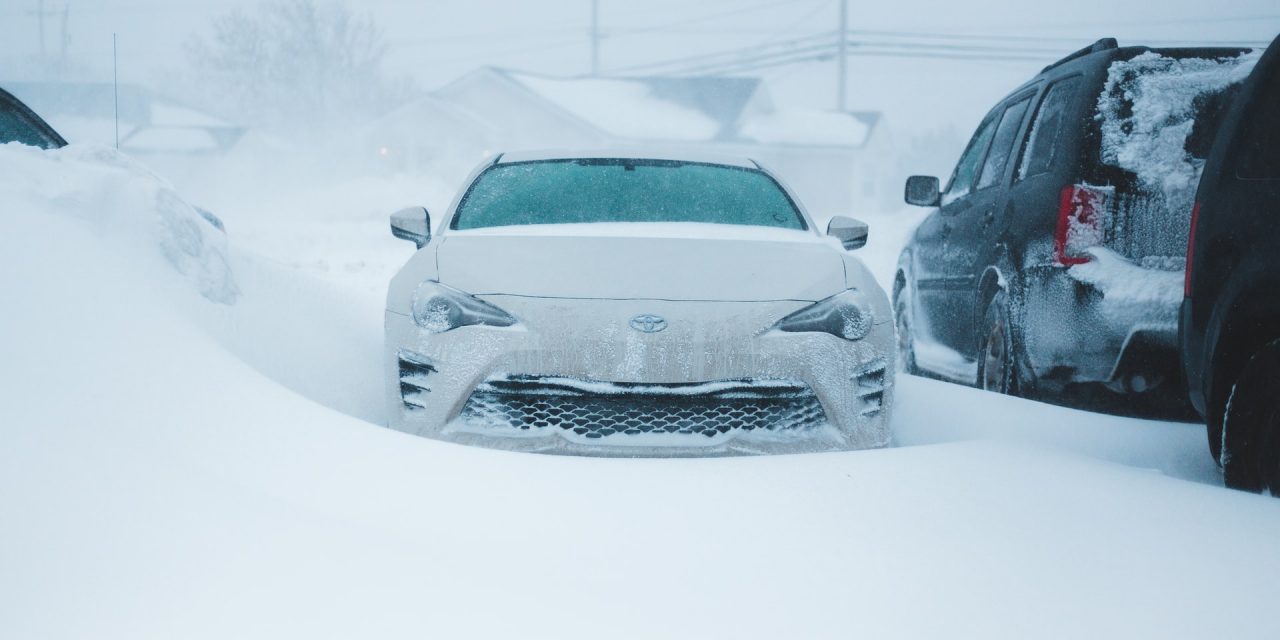It’s bitterly cold here in Oklahoma, with even more snow and ice in the forecast. Okies are no stranger, though, to challenging weather.
No matter if you are talking about tornadoes, floods, fires, ice storms or slightly less related earthquakes, we have more than our fair share of natural disasters here in the Sooner State.
When natural disasters and weather challenges strike, people often wonder—whether in subtle or open ways—“Where is God in all of this?” The implication behind these thoughts is, “Why is God letting us suffer in this particular way?”
Certainly C.S. Lewis, in the 20th Century, offered the most powerful discussion of these and related issues in his great work, “The Problem of Pain.”
Lewis acknowledges paradise was lost in the Garden of Eden. That, in a fallen world, every person sins and is subject to various kinds of suffering. He recognizes that the world itself is in a state of brokenness and will one day, ultimately, become paradise restored in resurrection life in Jesus Christ.
Lewis is particularly apt at explaining how suffering—while it is never desirable and while we want to alleviate it as much as possible—can and should lead toward us connecting with God.
“If tribulation is a necessary element in redemption, we must anticipate that it will never cease till God sees the world to be either redeemed or no further redeemable,” said Lewis.
He goes on to utter these famous words: “We can ignore even pleasure. But pain insists upon being attended to. God whispers to us in our pleasures, speaks in our conscience, but shouts in our pains: it is his megaphone to rouse a deaf world.”
So when suffering comes in the form of a cold front that will lead to suffering—sadly even the loss of lives—we can take the occasion to be reminded that God will one day make all wrongs right. And that even now, He is calling us to Himself, if we will only listen.





